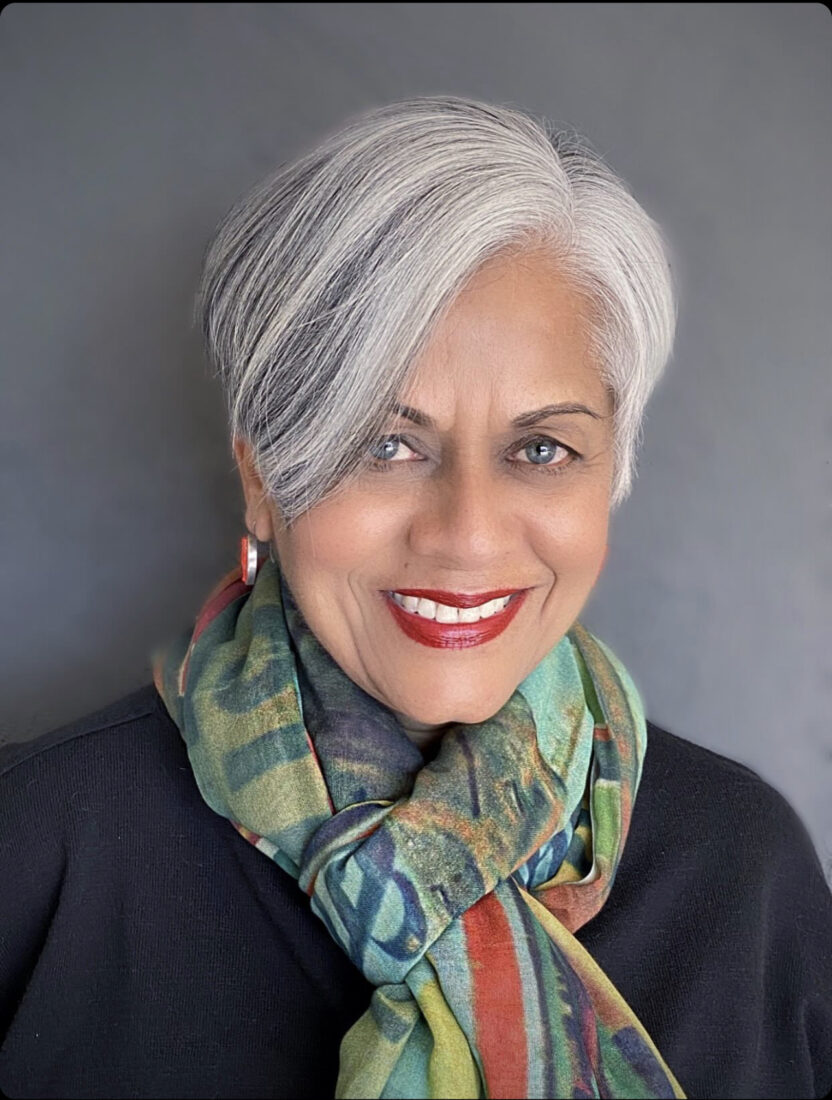
Alka Joshi skyrocketed to fame with her debut novel The Henna Artist (Longlisted for the Center for Fiction First Novel Prize). While Reese Witherspoon’s book club helped the novel find its initial readers, Netflix picked up on its continuing popularity with “The Henna Artist Series” currently under planning. Alka followed her debut with, The Secret Keeper of Jaipur, and March 2023 sees the release of the much-anticipated conclusion to the trilogy with, The Perfumist of Paris.
The Henna Artist trilogy has transported people, especially non-Indian readers, to what the author describes as “her India.” The books, a cultural experience in themselves, awaken the senses and immerse readers into an evocative and lush experience, all the while supported by heart-warming, nuanced and relatable characters. Book clubs worldwide, especially in the US, where Alka resides, have jumped right into this “Indian experience” with their henna themed and “The Henna Artist cooking” themed parties. In the last three years, Alka has spoken with over 800 book clubs, and despite her time constraints, she says she wants to continue. “They give me so much energy, people ask all these questions and are fully engaged. I get so much enjoyment and pleasure out of it”, says the author.
We sit with Alka Joshi to talk about her new book and much more.
How does it feel to be done with the trilogy and reach the end of this writing journey?
I never intended to write a trilogy. It happened organically. After the third, I did feel, for now, this story was over. If I pick up these stories again, I would pick them up from the point of view of the new generation, probably twenty more years into the future.
Authors often discover things about themselves while writing a book. What, if anything, did you find out about yourself while writing this trilogy?
Well, when I first started writing, I wanted to write a story about my mother but one that showed an alternative life to the one she lived. Along the way, I learnt so much about the history of India post-Independence. I learnt why India was poor for so long, why she had to basically climb out of the trenches to work her way to just a normal and stable economy. I have so much more respect for our Indian people, their ingenuity, excitement and exuberance. I developed a new founder appreciation and pride in what India’s been able to achieve and accomplish despite being shackled and jailed for over 200 years. India’s global contributions still need to be well-known and acknowledged.
Do you have a favourite book among the three?
Oh! You know, I never like answering this question because it’s like asking someone which of your kids you like the best. I like each of them for very different reasons. I like the first because there is so much of my mother in Lakshmi. I like the second because I love the storylines around the nomadic tribes and that Malik has stayed true to his integrity. I like the third because I think it’s closer to women’s lives today, and I wanted to acknowledge that it’s okay sometimes to leave what you have known always. Leave the comfort of a marriage, a job or a relationship and go exploring on your own. You might lose something along the way, but what you gain is so much greater.
Was your writing process different while writing each book, or was there anything you did differently?
I don’t think I did anything that differently apart from a lot of research. For each, I had to talk to many people to make every scene authentic. The third required me to go find out about master perfumers, and the only way I could do that was to talk to them and visit their labs and the compounding plants where the perfumes are bottled. I needed to research them in their environment. The first two are in India, which I know I can simulate, but for the third, the lifestyle of a master perfumer, I had to visit New York City and speak to people in Paris, Grasse and Lisbon. I found everybody to be so generous with their time and knowledge, and these are prominent people who design some of the world’s most famous perfumes.
In all three books, you have written about unconventional parenthood. While Lakshmi chooses not to have children, Radha gives birth at 14 and gives the baby up for adoption. Malik, on the other hand, is a father to two children who are not biologically his. Was it intentional to break tradition regarding parenthood?
Absolutely. I think there are so many different ways families are formed, and the conventional way doesn’t work for everybody. I think we need to let go of the idea that a family looks like this and progresses like this, and I think if we do that, we will allow a lot more people to be happier with their circumstances and their lives. Everybody deserves to have the kind of family life they want. There is a lot of room for love with parents who are adopting children, parents who have decided to have their own, and people who have decided to just be aunts and uncles to other kids. There are so many ways to form families, so it was a very, very conscious choice.
While both Lakshmi and Radha are mistreated and betrayed by their first husbands and Radha, of course, by Ravi as well, how important was it for you not to make these male characters out to be villains? While you don’t excuse their behaviour, you write these characters in a way where the readers feel empathy for them. Was this intentional?
I think that relationships are fluid. I don’t believe that anyone in a relationship is all good or bad. We all have the capacity to betray, we really do, and many times not meaning to. We are all capable of being petty and jealous, of wanting more than we are given. I don’t want these men to be hated. That’s not my intent. My intention always is, of course, to come at it from the female point of view, how the woman feels in that situation, but also how she may have the capacity to understand. It’s essential to try to understand the other perspective and ask how did we get here? Unless we do that, we keep making the same mistake over and over again. I also don’t like to write simple stories. I want to make the characters more three-dimensional.
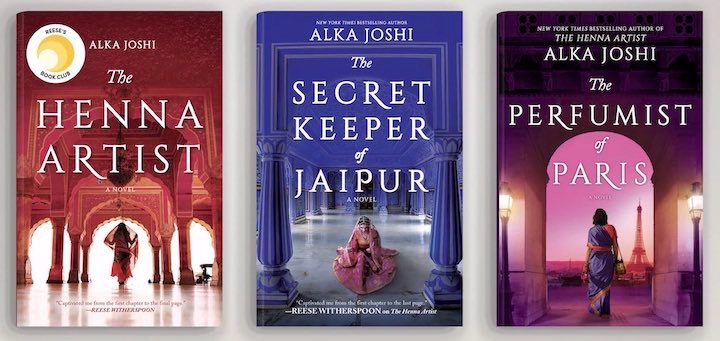
You are a role model for many women for changing careers at 62 years and completing your MFA(Master of Fine Arts) after you turned 50. What helped you pursue a different career and make these big changes at this age?
So this is my fourth career. Changing careers has been a pattern for me. It hasn’t always been intentional. One of the things that you have to do as a writer is that you have to be disciplined. Disciplined enough to meet your deadlines, communicate with your publishing company, do the research you need to do to authenticate your work, and all the while continuing to live your life, do taxes, talk to readers etc. Working in an advertising agency and then running my own taught me many of the skills I use today as a writer. Discipline has been at the forefront.
What’s your advice to budding writers?
Writers tend to be introverted. When writers say they can’t talk about their books or characters, I want to tell them, yes, you can. You know these characters better than anybody. You don’t just want your books sitting on the library shelves. You’ve got to talk about your books as well. Write about what you really want to write about. If it’s a passion project for you, people will respond to your passion. When you write about something that really matters to you, it will also matter to others. You just write the best book you want to write.
I read that your future writing project is loosely based on Artist Amrita Shergil. Do tell us more.
Yes, it’s based on her life which I found fascinating. When I was in Delhi last, I visited the national museum to look at her artwork. I love that she found her very own style, which was different from the Indian and European Impressionist art at that time. And she was wild. She smoked, she drank, and she was involved with both men and women. She was only 28 when she died, and I think because she went out early, she has always been bigger than life for people.
And finally, how do you take your coffee?
I like it with half and half and sugar. It’s usually a little coffee and a lot of half-and-half. I basically like to have a coffee milkshake.
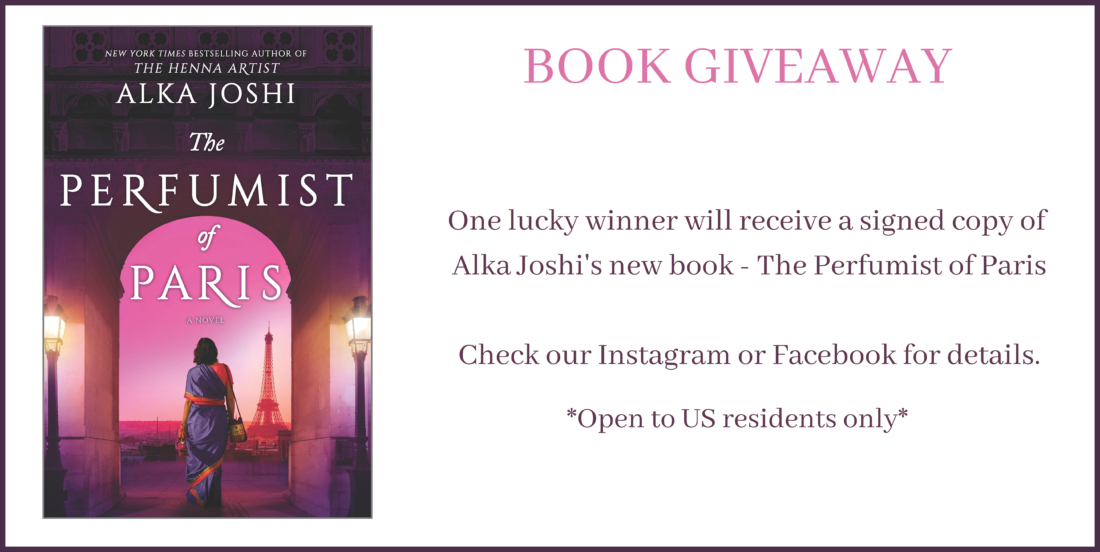
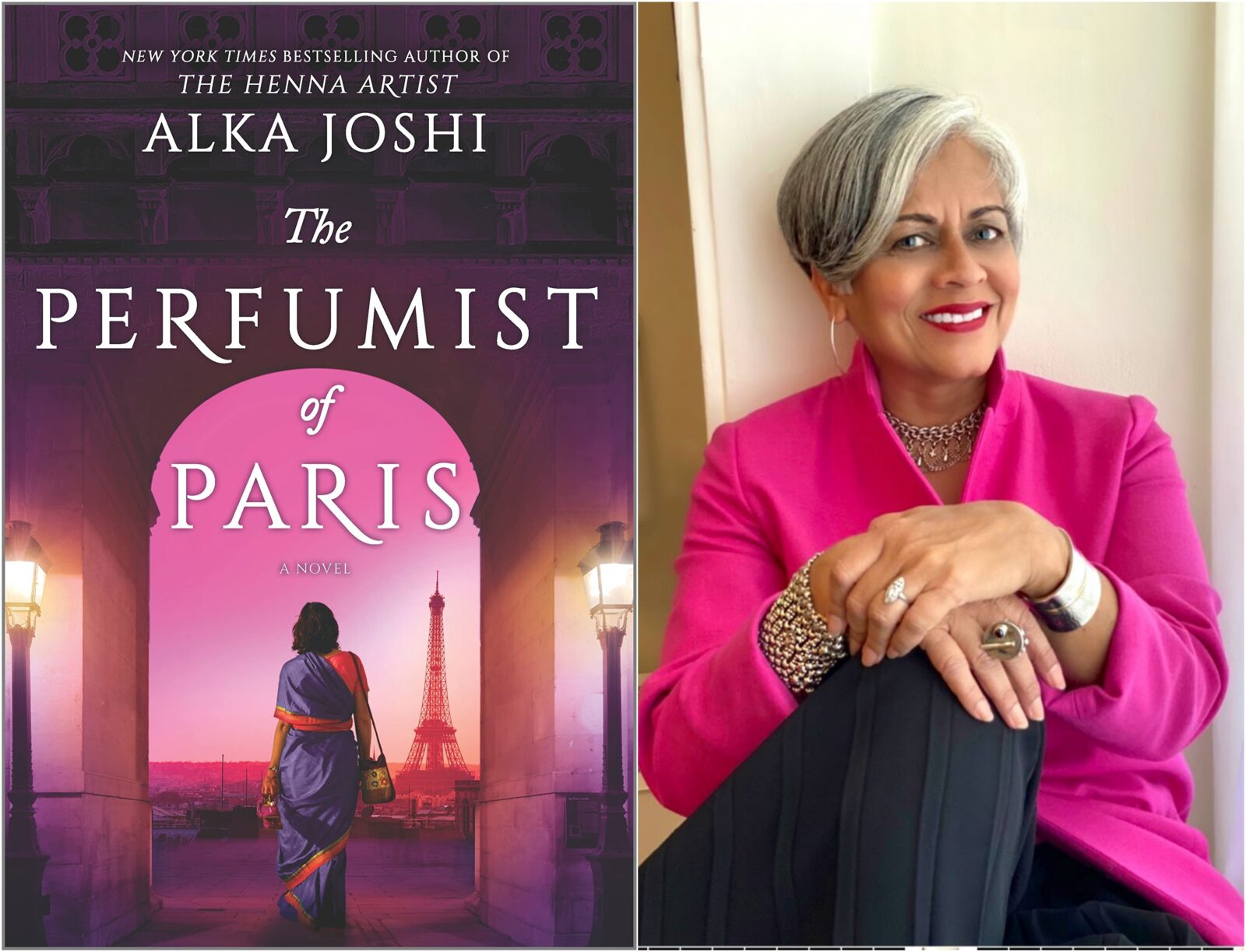
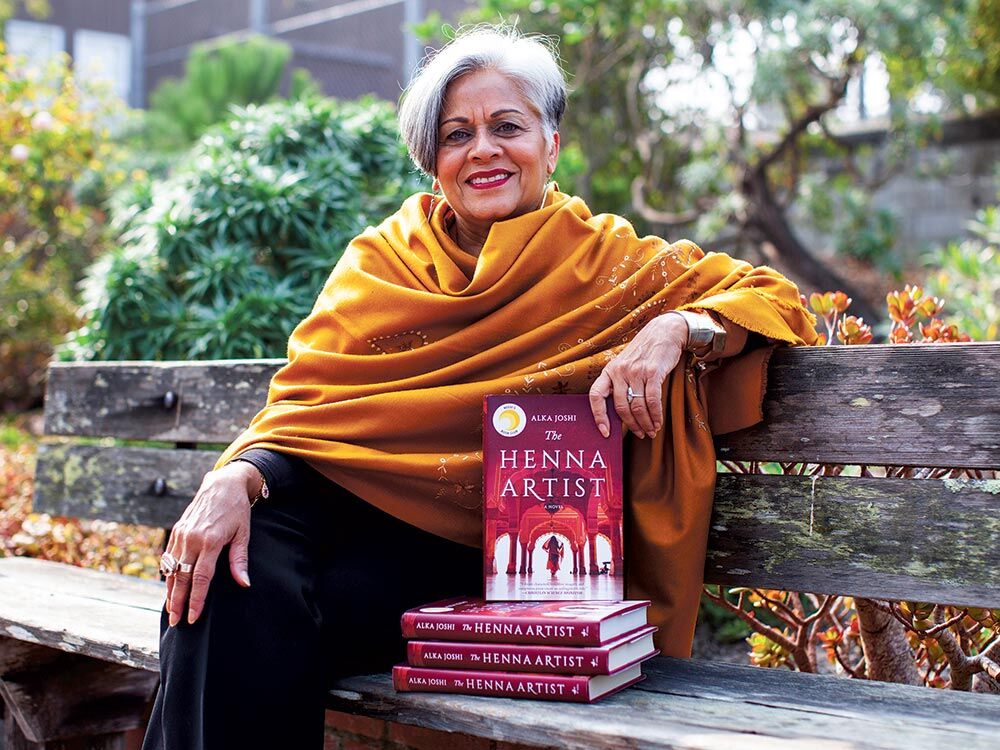
We’d have loved to host Alka at our festival this year, but we couldn’t make the stars align. This is a close second though, lovely to read her thoughts about her work and inspired by the idea of multiple careers even at later stages in life.
Very interesting and inspiring. Going back to studying at 50 is so inspirational. And then achieving success is so commendable!